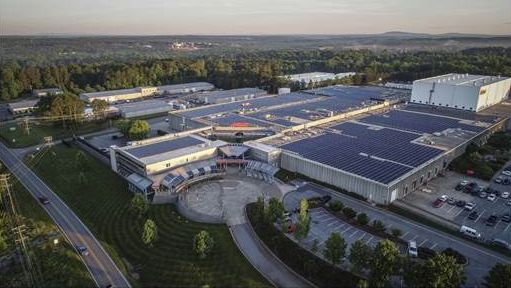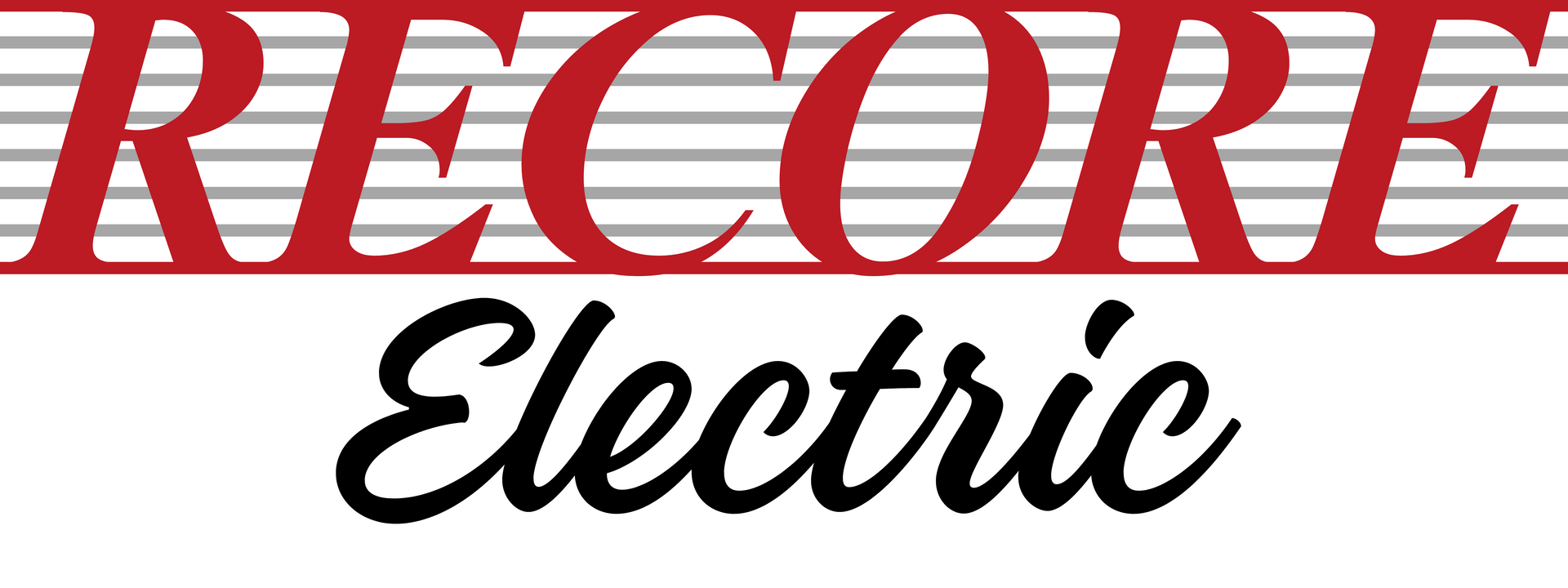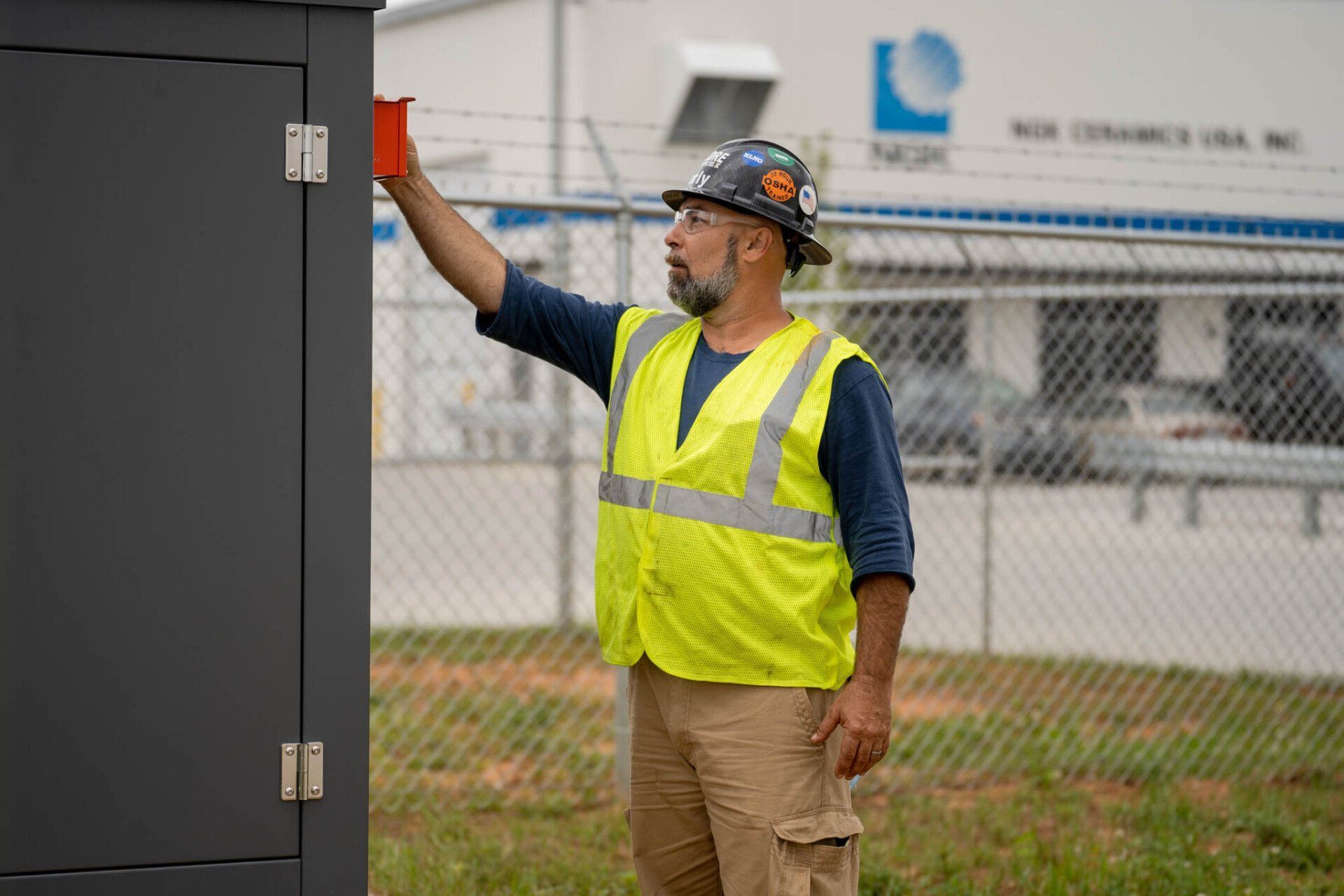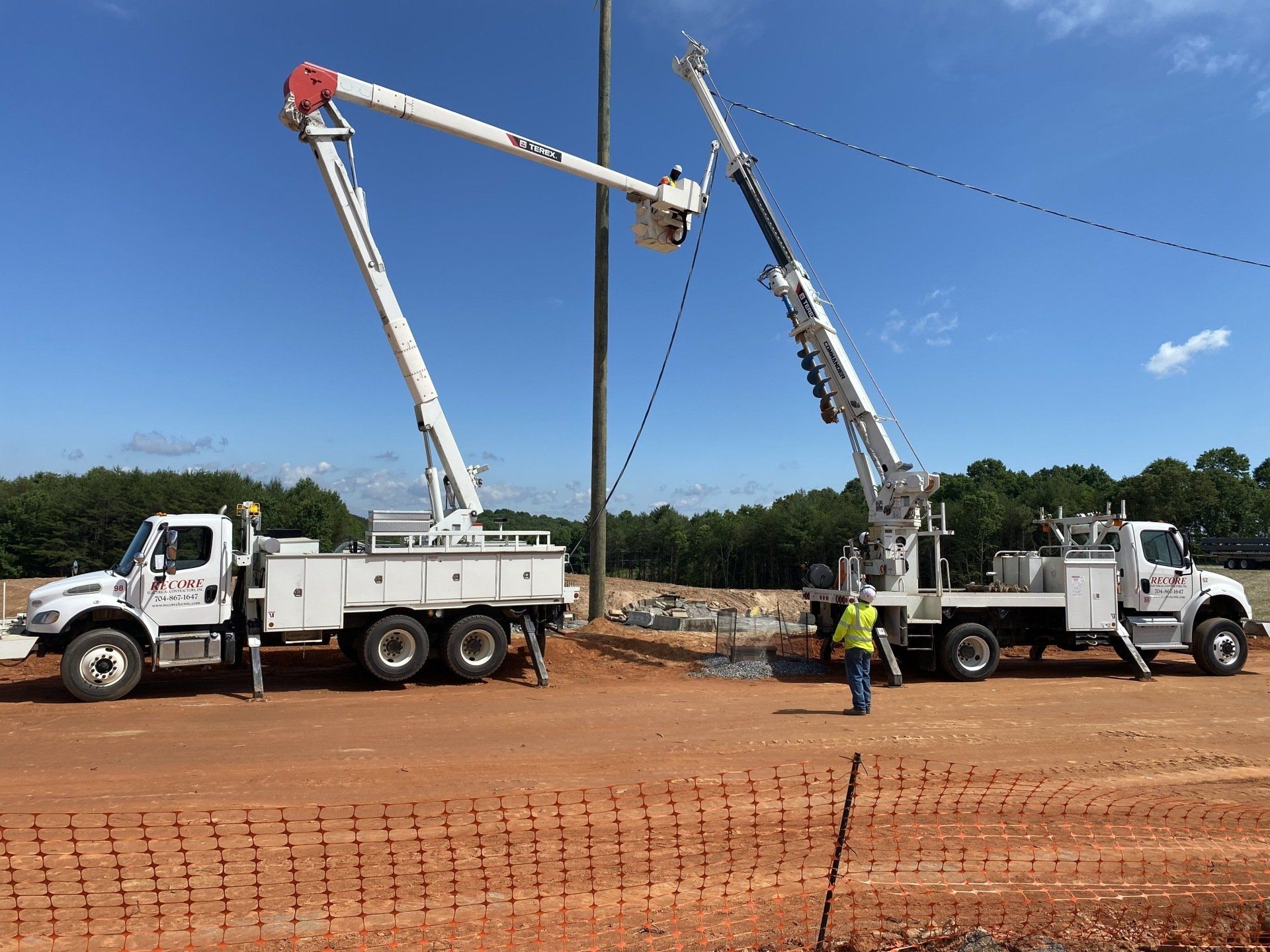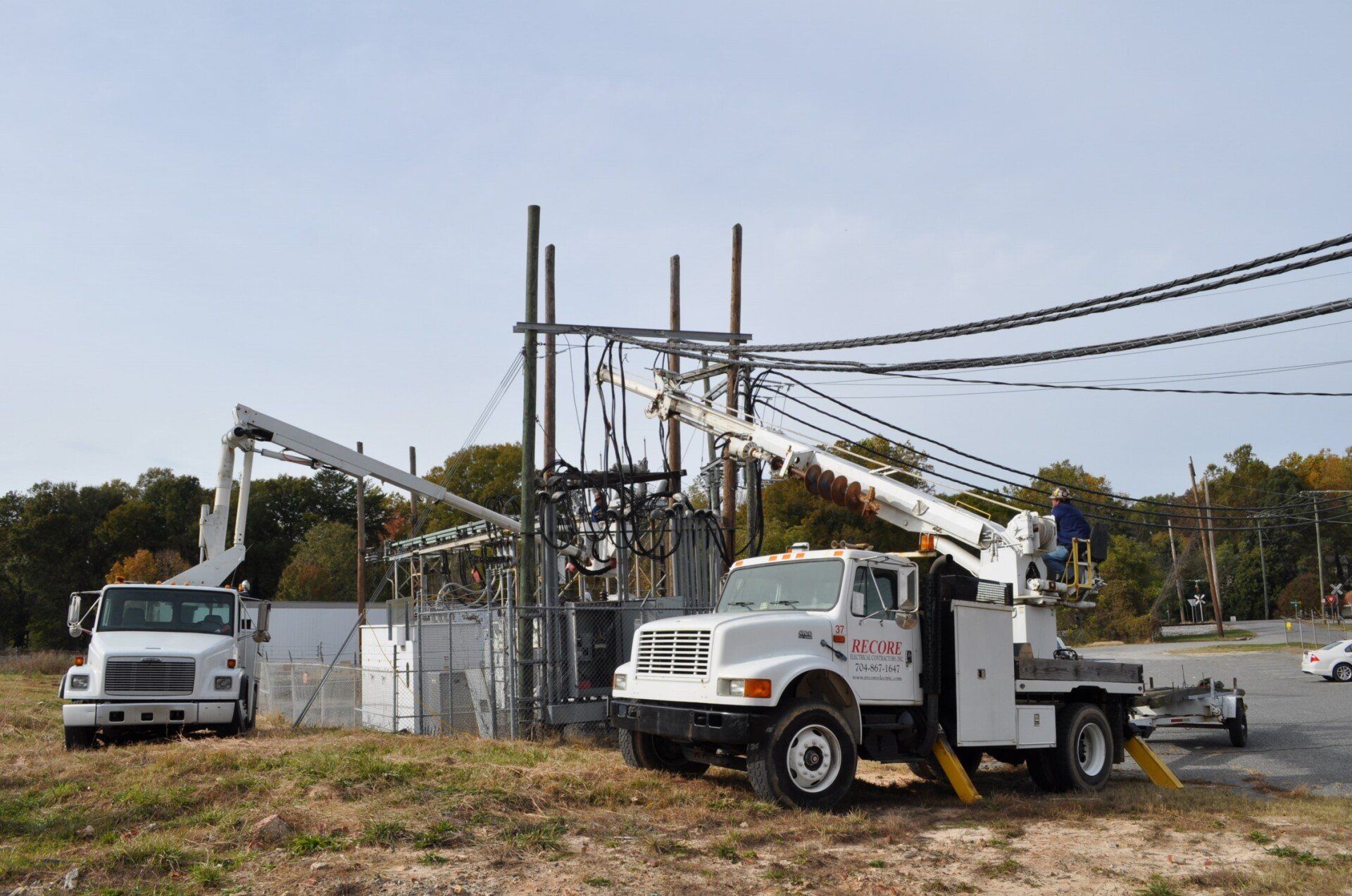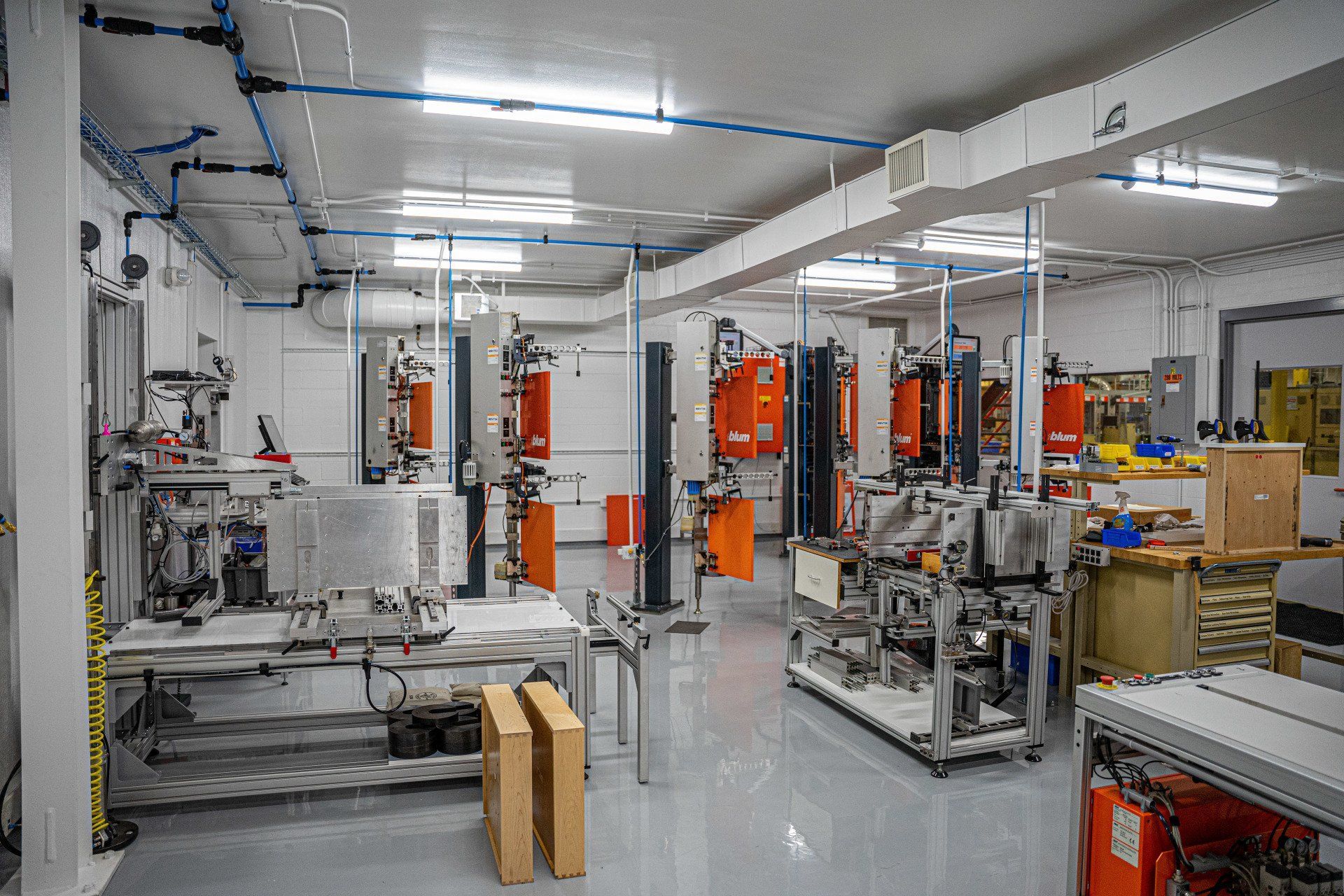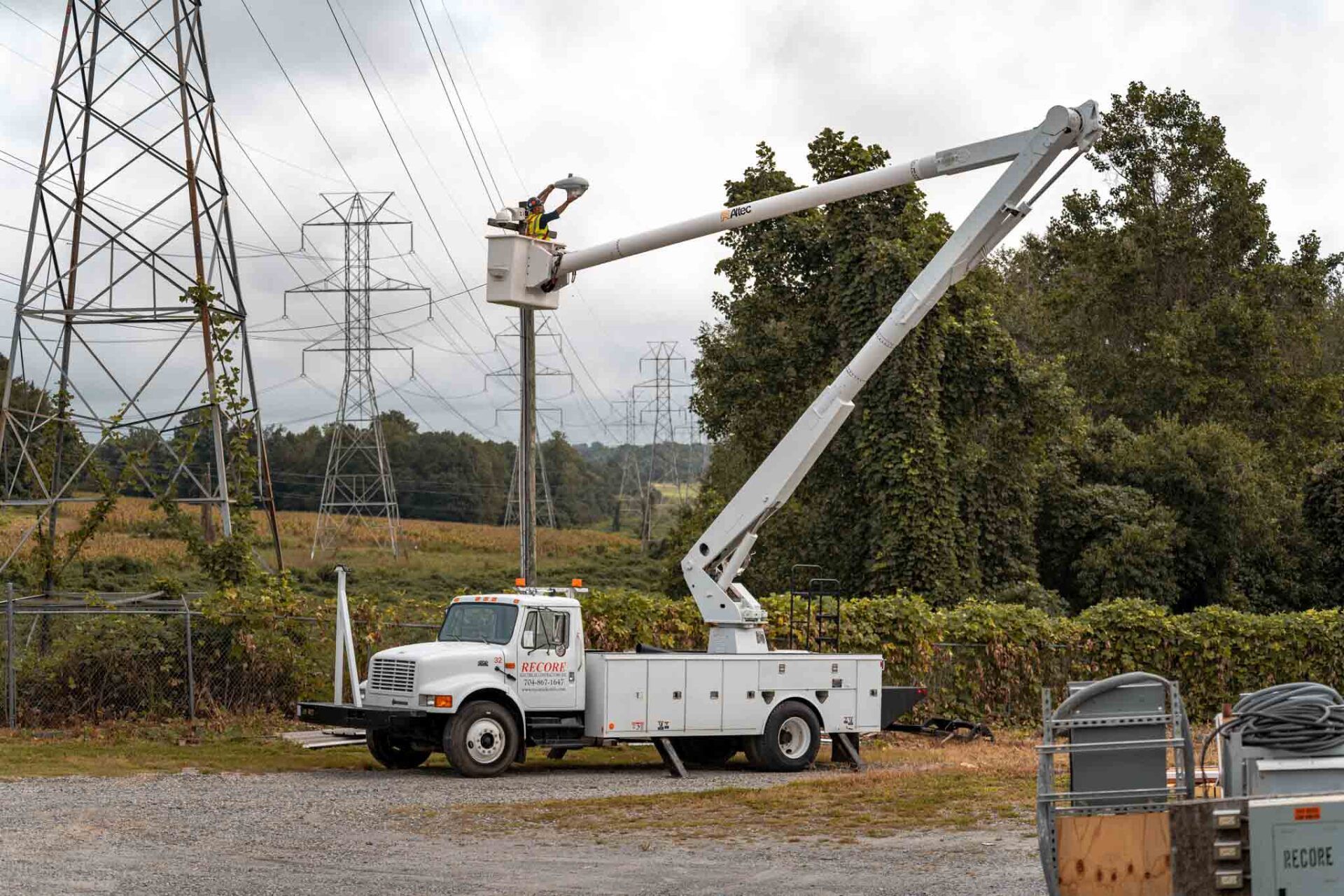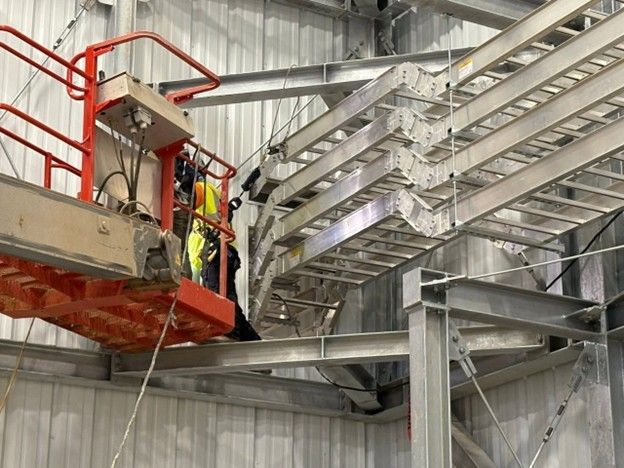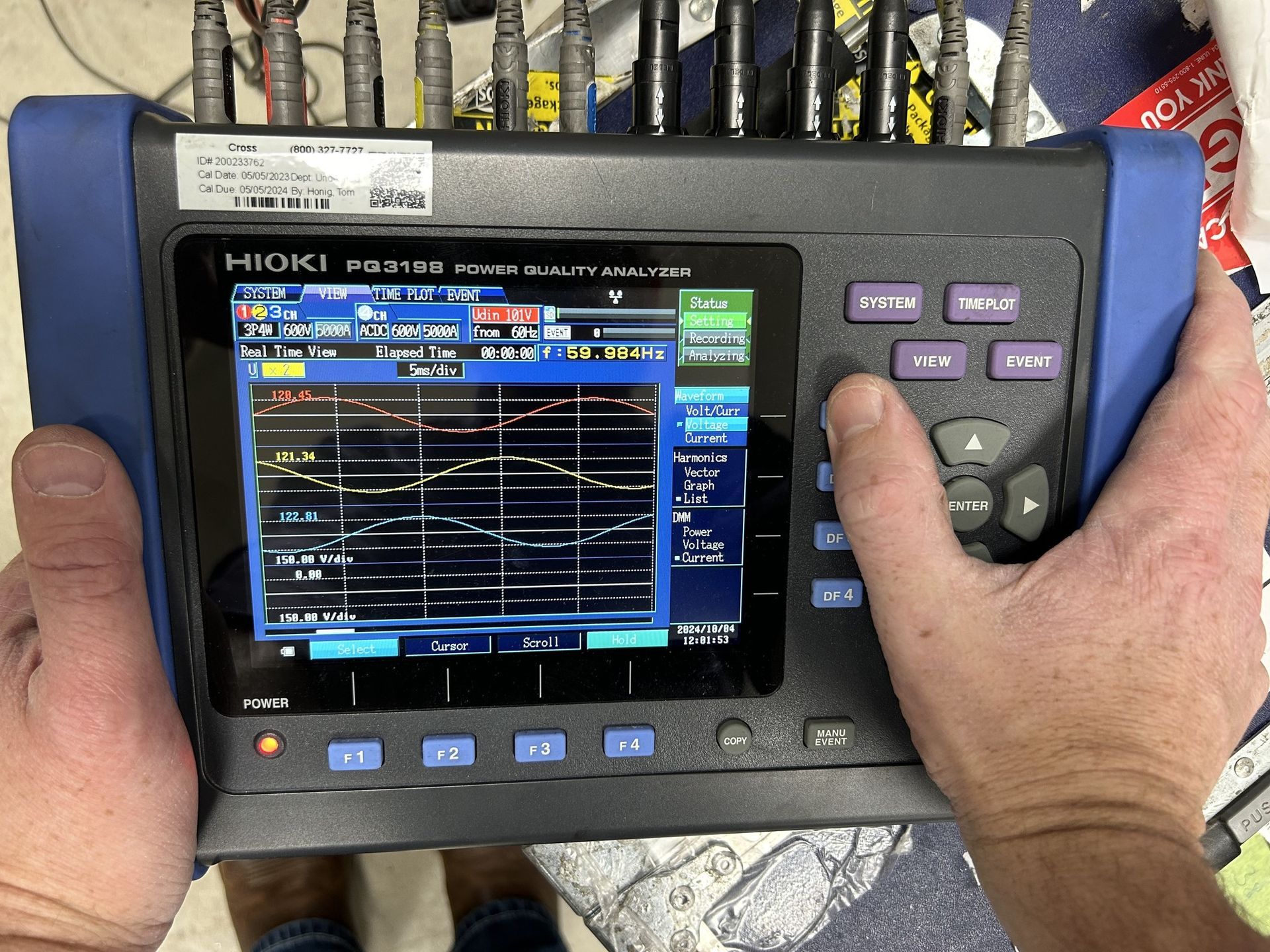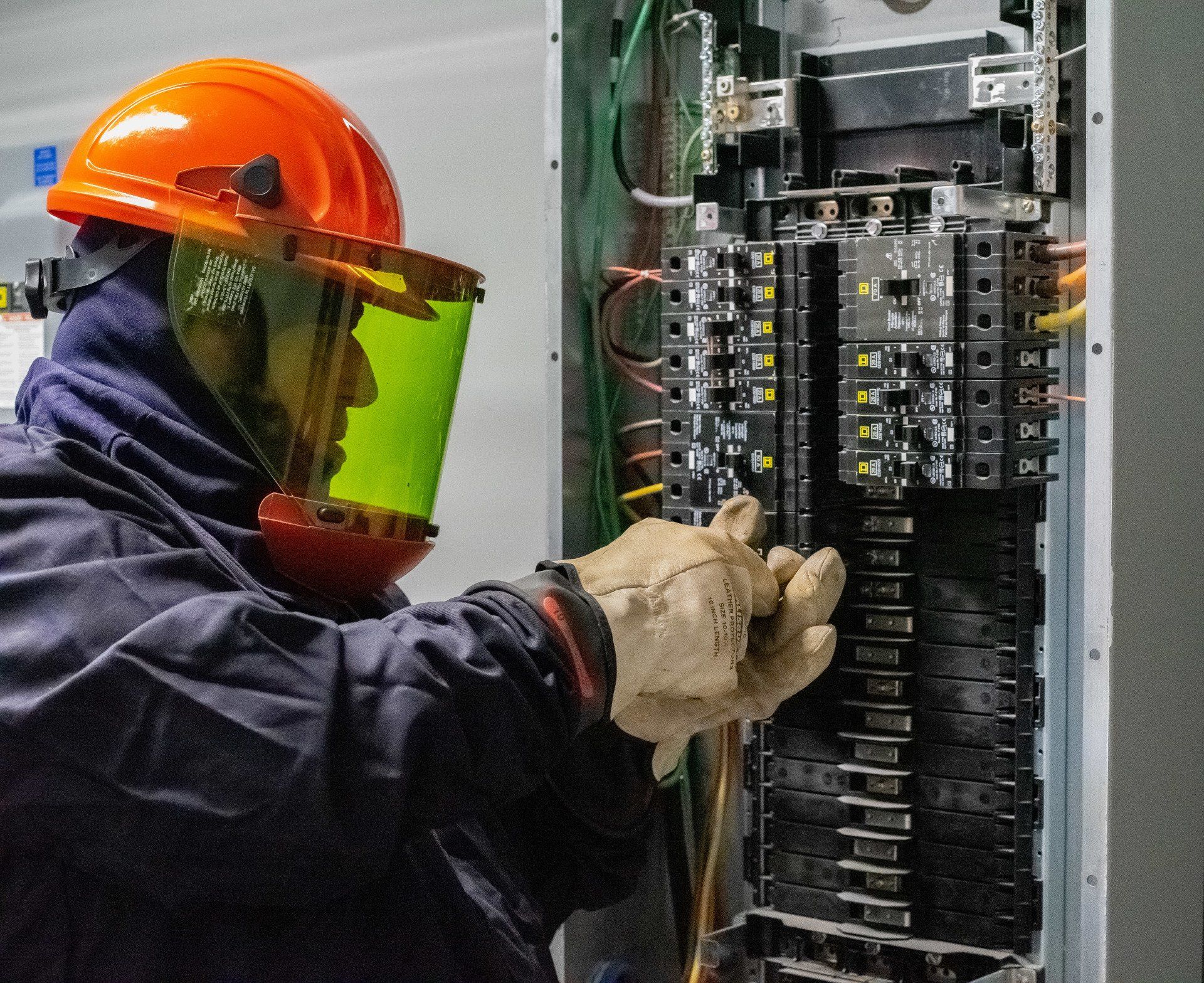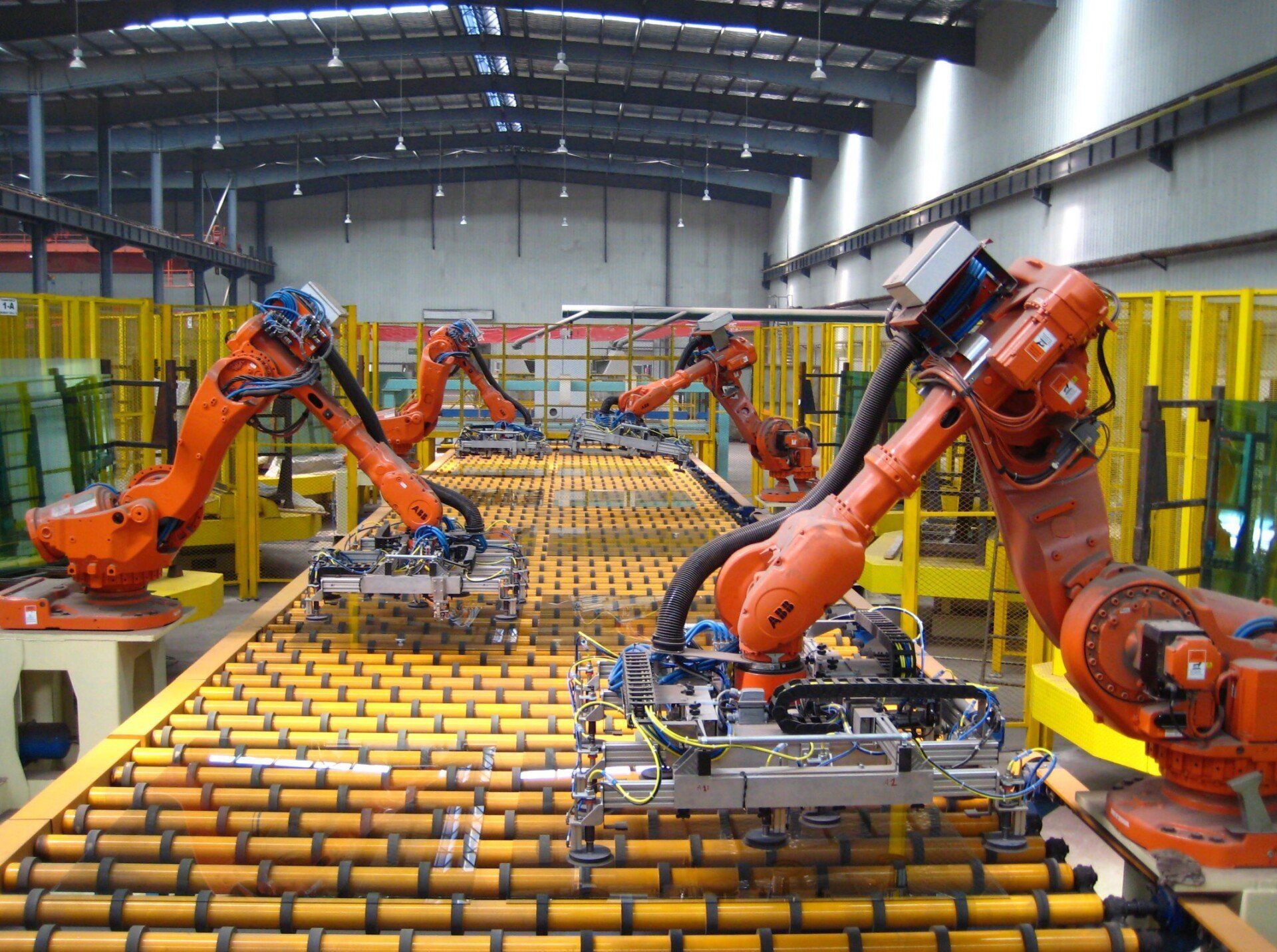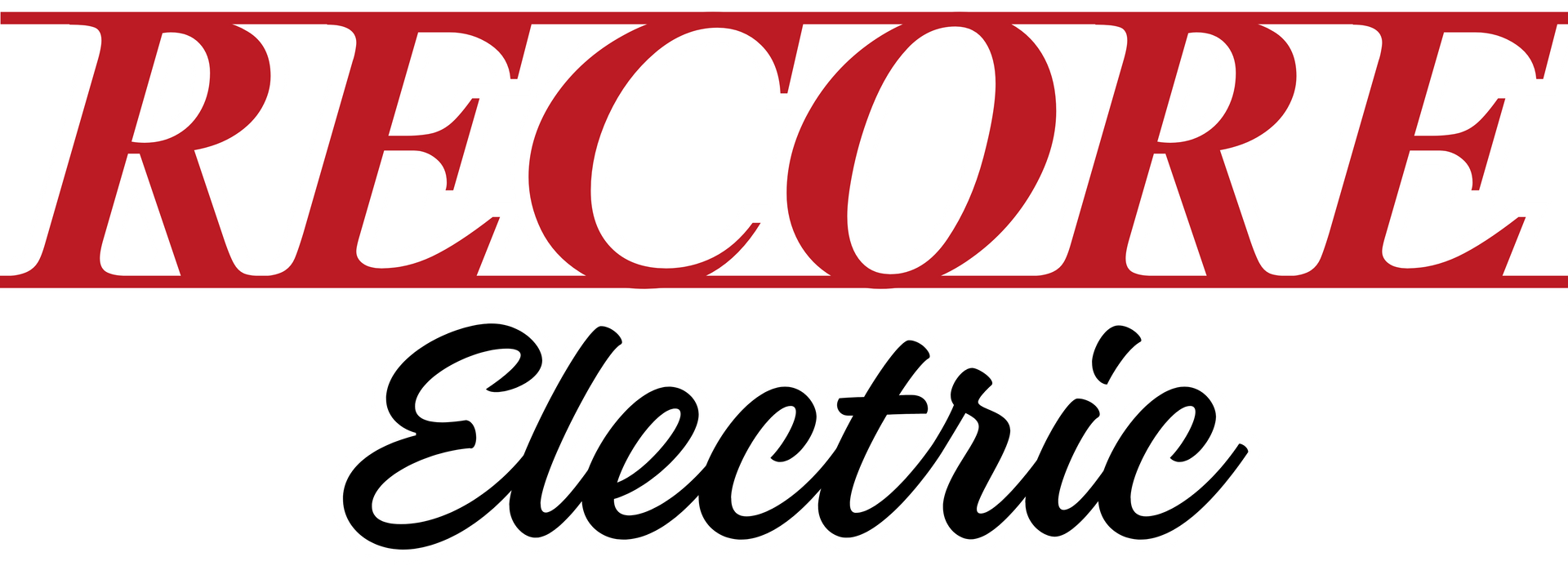Electrical System Design Services: Building the Foundation
In every industrial facility, the electrical system serves as the backbone that powers operations, connects processes, and drives productivity. From lighting and controls to high-voltage distribution and automation, every component must be carefully engineered to meet the unique needs of the environment. Electrical system design services bridge the gap between concept and operation, creating systems that are efficient, compliant, and reliable.
At Recore, our electrical system design expertise extends far beyond basic layouts and schematics. We focus on building robust, code-compliant systems that enhance performance, reduce downtime, and support future expansion. Whether the project involves a new industrial facility or a major system retrofit, our design services are tailored to each client’s operational demands.
What Electrical System Design Services Include
Electrical system design is not just about wiring diagrams. It encompasses a full range of engineering and planning activities that translate a project’s functional requirements into a safe and efficient power infrastructure. Typical services include:
1. Power Distribution Design
Designing how power flows through a facility is one of the most critical aspects of any project. Engineers must calculate loads, plan for redundancy, and size equipment appropriately. At Recore, we design power distribution systems that meet project specifications while allowing for safe maintenance access and future growth.
2. Lighting and Control Systems
Modern lighting design combines energy efficiency with visibility and safety. Our design approach includes advanced control systems that adjust lighting levels based on occupancy or time of day. For manufacturing or warehouse spaces, this leads to better working conditions and reduced energy costs.
3. Motor Control and Automation
From conveyor belts to pumps and compressors, motors are essential to industrial operations. We design control systems that integrate programmable logic controllers (PLCs) and variable frequency drives (VFDs) for precise process control and energy management.
4. Grounding and Lightning Protection
Proper grounding ensures personnel safety and protects equipment from electrical faults or lightning strikes. Our designs adhere to National Electrical Code (NEC) requirements and industry best practices to minimize potential hazards.
5. Communication and Instrumentation Integration
A well-designed electrical system includes data and instrumentation networks that enable monitoring and control. Recore engineers design integrated systems that streamline operations and enhance system visibility.
The Role of Electrical System Design in Industrial Success
For industrial facilities, the quality of electrical design determines much more than whether the lights turn on. It influences productivity, safety, and energy consumption. Poorly designed systems can lead to downtime, excessive energy bills, or even electrical hazards. A properly designed system, on the other hand, supports long-term performance and sustainability goals.
Efficiency and Energy Optimization
Even small improvements in system design can lead to significant savings. Through strategic equipment selection, load balancing, and system monitoring, electrical design services can help reduce overall energy consumption without sacrificing output.
Safety and Compliance
Safety is the cornerstone of every electrical system design. Engineers must follow standards such as the NEC, NFPA 70E, and IEEE guidelines. Compliance ensures that systems are safe for workers, reduce the risk of arc flash events, and meet insurance and inspection requirements.
Reliability and Redundancy
Downtime in industrial settings can cost thousands of dollars per minute. Electrical system design services incorporate redundancy and protective relaying to maintain uptime even during faults. Recore’s design philosophy prioritizes continuous operation using backup systems and intelligent monitoring.
Recore’s Approach to Electrical System Design
At Recore, every design begins with understanding the client’s operational goals. Whether we are supporting a manufacturing plant, refinery, or data center, our process is built around collaboration and precision engineering.
Step 1: Load Analysis and Assessment
The first step involves evaluating existing or planned loads, including motors, process equipment, and control systems. This allows us to calculate power requirements and plan for scalability.
Step 2: System Architecture Planning
We develop a detailed single-line diagram that defines the overall architecture. This includes substations, switchgear, transformers, and panelboards. By visualizing the entire power flow, we can optimize performance and minimize losses.
Step 3: Equipment Selection
Recore works with industry-leading manufacturers to specify components that meet both operational and environmental conditions. Equipment is chosen for efficiency, reliability, and compatibility with automation systems.
Step 4: Code and Standards Compliance
Every design is reviewed for compliance with NEC, NFPA, IEEE, and NEMA standards. The National Electrical Manufacturers Association (NEMA) provides critical guidelines that influence material selection and system safety.
Step 5: Documentation and Construction Support
We provide detailed documentation that includes layouts, panel schedules, conduit routing, and control wiring diagrams. Our team continues to support clients through construction and commissioning to confirm that the system operates as designed.
The Importance of Integration with Other Disciplines
Electrical systems do not exist in isolation. They interact with mechanical, civil, and process systems throughout a facility. Collaboration between disciplines ensures that design conflicts are resolved before construction begins.
For example, when working alongside mechanical engineers, electrical designers coordinate motor loads, control wiring, and power feeds for HVAC systems. With process engineers, we integrate instrumentation loops and automation systems. This multidisciplinary approach reduces rework, shortens project timelines, and improves safety outcomes.
Designing for Sustainability and Future Growth
As industries move toward more sustainable operations, electrical system design services play a key role in achieving energy and environmental goals. Recore incorporates green design principles into every project, helping clients meet standards such as LEED certification or energy efficiency mandates.
Smart Monitoring and Data Analytics
Modern facilities rely on data to make informed operational decisions. Our designs often include smart meters, sensors, and networked controls that provide real-time performance insights. These systems enable predictive maintenance and continuous optimization.
Scalable Design
A well-designed system can grow with the facility. Recore builds scalability into every project, making it easier to add equipment, expand production lines, or upgrade technology without major disruptions.
Common Challenges in Electrical System Design
Even with advanced tools and expertise, electrical design comes with its share of challenges. Some of the most common include:
- Space Constraints: Industrial facilities often have limited room for electrical rooms or cable trays. Strategic routing and compact equipment help overcome this.
- Harsh Environments: High temperatures, humidity, or corrosive materials require specialized equipment and protective enclosures.
- Evolving Regulations: Electrical codes are updated frequently. Designers must stay informed to maintain compliance.
- Coordination Across Trades: Miscommunication between disciplines can lead to costly redesigns. Recore’s collaborative approach minimizes these risks.
Why Partner with Recore
Recore brings decades of field experience and technical expertise to every design. Our engineers are not just system planners but problem solvers who understand real-world construction conditions. This practical perspective allows us to create designs that work both on paper and in the field.
Clients trust Recore because we:
- Prioritize safety and reliability at every stage
- Follow NEC, NEMA, and NFPA standards rigorously
- Use modern design software for precision modeling
- Provide end-to-end project support from concept to commissioning
- Offer responsive service and communication throughout the project lifecycle
Our commitment to quality and collaboration has made Recore a trusted electrical partner for industrial clients across multiple sectors.
Conclusion
Electrical system design services form the foundation of every successful industrial project. A well-engineered system enhances efficiency, safety, and performance while supporting future growth. Through expertise, collaboration, and adherence to industry standards, Recore helps clients build electrical systems that power their operations today and prepare them for tomorrow.
From concept development to construction support, Recore delivers complete electrical system design solutions that align with your facility’s needs and long-term goals. When reliability and performance matter most, Recore stands ready to deliver systems built to last.
